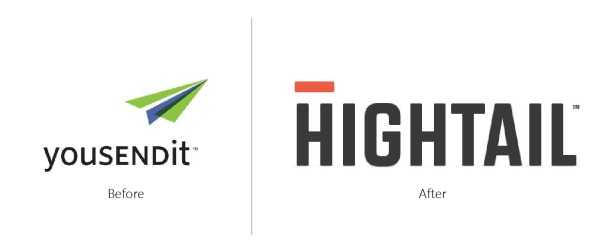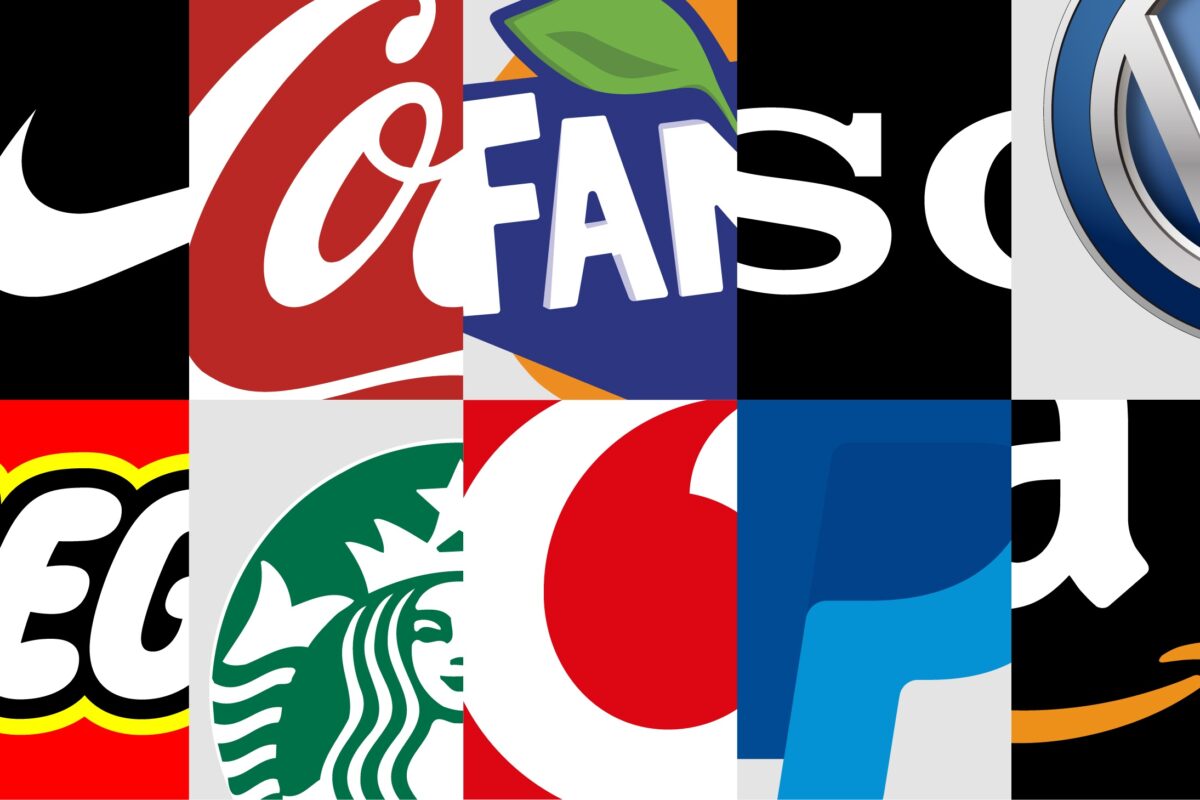Naming and verbal identity is such an essential foundation of successful strategic brand development. What about changing the name of an established brand? The decision to change a well-known brand name should never be entered into lightly.
There are many reasons established brands may consider changing their name. Changing a strategic business focus in new and different directions from legacy markets can be a good reason to change a brand name. That is, of course, if the naming change will serve greater meaning, resonance and value for consumers and customers.
Regardless of the strategic business issue driving a name change, established brands will always risk losing the brand equity associated with the original brand name. And in crowded me-too categories that is difficult and expensive to earn back.
Risking brand equity and a loss of meaning is something a startup brand doesn’t have to worry about simply because there are no associations or equities in the minds of customers. Startup brands are free to innovate their brand name across the entire naming spectrum, (description, evocation, real word, coined word etc.) Not so for an established brand considering a name change. Changing an established brand name has profound implications.
A case in point is the recent name change of Yousendit to “Hightail”.
Yousendit is a highly successful company with the benefit of a strong and descriptive brand name accompanied by a recognizable visual symbol that creates instant communication about the brand’s value proposition to users– sending large files quickly and easily over the web.
Of course I’m not privy to the intimate details of the business strategy driving the name change. But from the outside looking in, let’s assume it’s being driven by (as their new web copy describes) their shift in the business focus from “sending” files to “security, storage and sharing” files– and being a more viable competitor to DropBox (a great descriptive name).
Watch the video on the homepage of the Yousendit/Hightail site, and you’ll hear their executives answer that question by saying things like this:
“ The category is full of descriptive names and we wanted to get away from descriptive names”,
“ We are about more than just sending files”
“ Our current name yousendit constrained our vision”,
“We wanted to bring more humanity into our name”,
That all sounds good in a marketing video, but in practice I’m not so sure.
The new brand name “Hightail” although interesting and evocative of speed–as in “hightail it over here”, doesn’t buy the brand much in the way of more compelling relevance and meaningful communication of their expanded strategic direction and value proposition to users.
If you want loyal customers / users to make the leap with you, it seems logical it would be more effective to build new associations into the familiar and established name rather than an abstract or evocative one like Hightail. It’s difficult to imagine Yousendit users could not make the leap themselves without having to be confused by another name.
Evocative names will always require new meaning be built into them over time. They can be a good choice for a new enterprise at the beginning of their journey where no prior customer associations or restraints exist. Evocative or coined names seemingly are a more difficult choice for a well-known and established brand. The name Hightail will require the brand to rebuild itself from scratch– needlessly risking years of hard-earned brand equity with loyal users in the process.
Was it the needs of confused users that drove this rebranding initiative? Perhaps the whole initiative will prove to be a fool’s errand– much like the Tropicana, Gap, JCPenney, and Ernst and Young rebrands have taught us.
The Blake Project Can Help: Accelerate B2C and B2B Brand Growth Through Powerful Emotional Connections
Branding Strategy Insider is a service of The Blake Project: A strategic brand consultancy specializing in Brand Research, Brand Strategy, Brand Growth and Brand Education





